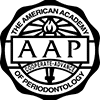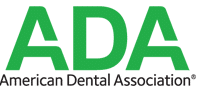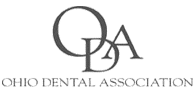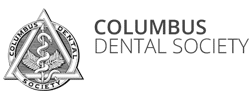Xerostomia or dry mouth is a common side effect of many medications (over the counter, prescription, and dietary supplements) that lowers salivary flow, which affects oral health of patients, particularly increasing caries risk.
“Studies show that 20%-30% of the patients that take one daily drug report xerostomia”
In 2011, the American Dental Association requested that the Food and Drug Administration consider requiring medications that are commonly associated with dry mouth side effects to carry warning-label information about the oral complications associated with reduced salivary flow and increased risk of dental caries. The letter specifically stated, “Without the cleansing effects of saliva, chronic (medication induced) dry mouth can lead to tooth decay.” Here are some highlights:
- It is important to obtain information on all medications taken by the patient, including over-the-counter medications, prescription medications, and dietary supplements, since many affect salivary flow
- Common prescription medications causing xerostomia include analgesics,antidepressants, antihypertensives, acid reflux medications, seizure disorder medications, and antianxiety medications
- Common over-the-counter medications causing dry mouth include analgesics, allergy medications, antihistamines, and decongestant/cold medicines
- Dry mouth has also been reported by patients taking vitamins/dietary supplements
- Studies show that 20%-30% of the patients that take one drug daily report xerostomia. Recent research clearly shows that the prevalence of dry mouth increases with the number of drugs taken daily. This increases to greater than 60% when 6 or more different drugs are taken daily.Studies show that 20%-30% of the patients that take one drug daily report xerostomia. Recent research clearly shows that the prevalence of dry mouth increases with the number of drugs taken daily. This increases to greater than 60% when 6 or more different drugs are taken daily.
However, for most patients, their daily medications may not be able to be modified. Especially among the elderly, patients are generally taking multiple drugs to combat life-threatening diseases. Effective treatment for oral dryness is currently lacking, however much research is being conducted. Products include saliva replacements, pH neutralization products, xylitol containing dental products, and increased fluoride exposure.
Categories of Medications Associates with Xerostomia:
- Atropine, atropinics and hyoscine
- Antidepressants (tricyclic antidepressants, selective serotonin reuptake inhibitors, lithium)
- Antihypertensives (e.g. terazosin, prazosin, clonidine, atenolol, propranolol)
- Phenothiazines
- Antihistamines
- Anti reflux drugs (proton pump inhibitors, e.g. omeprazole)
- Opioids
- Cannabinoids
- Cytotoxic drugs
- Retinoids
- Bupropion
- Protease inhibitors
- Didanosine
- Diuretics
- Ephedrine
- Benzodiazepines
- Interleukin-2

 Dr. Sakamoto
Dr. Sakamoto
 Dr. Mannava
Dr. Mannava
 Our Team
Our Team
 FIRST VISIT
FIRST VISIT
 PATIENT FORMS
PATIENT FORMS
 DENTAL INSURANCE
DENTAL INSURANCE
 POST-OP INSTRUCTIONS
POST-OP INSTRUCTIONS





